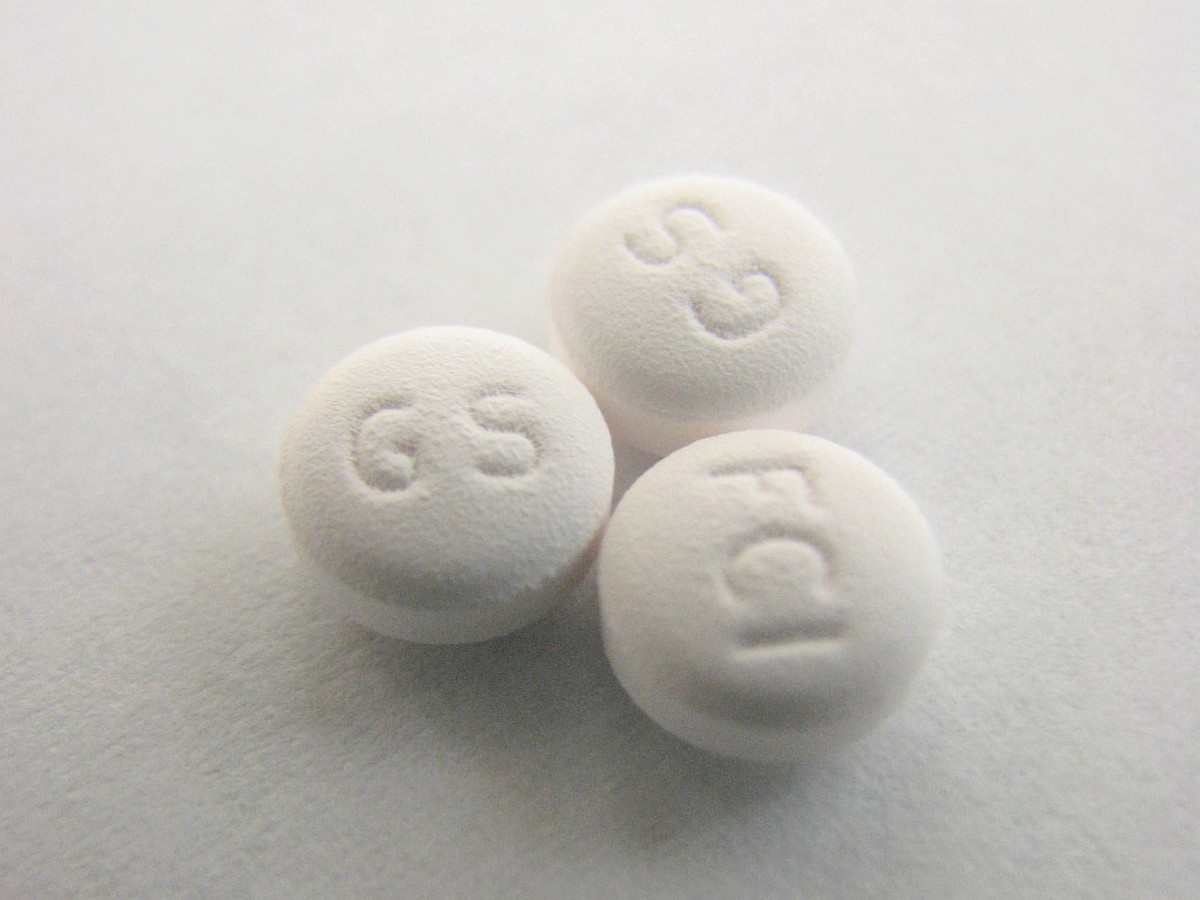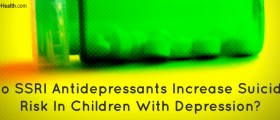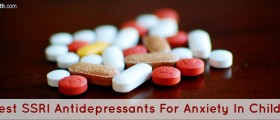Paxil withdrawal induces symptoms that may range from mild to severe. The symptoms may last from couple of days to over a month. Paxil withdrawal symptoms are particularly serious when the drug is suddenly discontinued.
What is Paxil?
Paxil is an antidepressant drug that belongs to a group of Selective Serotonin Reuptake Inhibitors (SSRI). Paxil is generic name for paroxetine. The drug was first approved by the FDA in 1993. Paxil is indicated for the treatment of major depressive disorder, obsessive compulsive disorder (OCD), generalized anxiety disorder (GAD), panic disorder, social anxiety disorder, post traumatic stress disorder and premenstrual dysphoric disorder. Paxil, just like all of the SSRI antidepressants, is habit forming and addictive drug.
As a SSRI drug, Paxil is also associated with many side effects. They include: nausea, drowsiness, dizziness, blurred vision, weakness, diarrhea or constipation, gas, increased urination, tremor, upset stomach, decreased sexual desire, headache and loss of appetite. Weight gain is also seen in people who take Paxil. In rare cases, some people may experience severe side effects of the drug which require immediate medical attention. However, more important thing related to Paxil is that it causes withdrawal symptoms when a person suddenly stops taking the drug.
- The withdrawal syndrome typically occurs within a few days from drug discontinuation and lasts a few weeks. However, many variations are possible, including late onset and/or longer persistence of disturbances.
- Withdrawal symptoms are likely to have an early onset, while recurrent symptoms generally present with a gradual return. However, this is only a general tendency with mood disorders and not a rule, which in any event does not apply to the widespread use of SSRI in anxiety disorders.
- Discontinuation of SSRI may trigger complex phenomena, which may or may not be related to the onset of withdrawal symptomatology, such as hypomania or mania and persistent postwithdrawal disorders. The term iatrogenic comorbidity refers to the lasting effects that previous treatments may entail (e.g., mood instability and high reactivity to environmental stimuli in persistent postwithdrawal disorders), well beyond their time of administration.
- We identified 18 case reports of withdrawal symptoms in adult patients (aged 22-73 years) taking paroxetine. Discontinuation symptoms were reported independently of treatment duration (from few weeks to years) and type of discontinuation (abrupt vs. tapered). Symptoms usually appeared 1 week after discontinuation, except for 1 patient who experienced symptoms after 1 month. The most commonly reported symptoms were dizziness, light-headedness, fatigue, sleep disturbance, and gastrointestinal disturbance. Less common reactions were ‘electric-shock' sensation, visual and auditory hallucination, nocturnal enuresis, pruritus, and emesis.
Paxil Withdrawal
Any SSRI antidepressant causes withdrawal symptoms when discontinued suddenly. Still, Paxil is associated with more severe discontinuation symptoms that last longer comparing to other drugs from SSRI class. It is because the body requires less time to process Paxil and due to that the action of the drug is significantly stronger.
Paxil may also cause withdrawal symptoms when only one dose is missed or if there are changes in dosage. Nevertheless, these withdrawal symptoms are much worse when the drug is abruptly discontinued.
Paxil Withdrawal Symptoms
Paxil withdrawal symptoms include physical and psychological problems. Most people have mild or moderate withdrawal symptoms that can be tolerated. Common Paxil withdrawal symptoms include nausea, vomiting, abdominal cramps, diarrhea or constipation. Bloating, belching and flatulence as well as dizziness or lightheadedness are present too. Discontinuation of Paxil can result in loss of appetite, headaches, sweating and fever and chills.
Insomnia, vertigo, confusion, depression, aggression and hallucinations too accompany Paxil withdrawal. Also, Paxil withdrawal symptoms include panic attacks, vivid dreams, suicidal thoughts, anxiety, irritability, flu like symptoms, and feeling of electric zaps.
Duration of Paxil withdrawal symptoms vary from person to person. They may last for few days or more than a month but in many cases these symptoms last between two and six months. It is recommended to gradually discontinue Paxil in order to avoid severe withdrawal symptoms. Paxil withdrawal symptoms can be treated with other antidepressant drugs.


















Your thoughts on this
Loading...